Fact-check: These shoes (Tex Hazel) weren’t found in South Sudan
The shoes were invented and used by a cattle thief named Crazy Tex Hazel in 1920 for stealing cows and are currently kept in the Northeastern Nevada Museum in Nevada, USA.
Writer: Jibi Moses
Suncity Tv, a local blog in South Sudan, posted on the 11th of March, 2023, a story with pictures of homemade wood and leather shoes with a design of two pairs of cow hooves on each, allegedly found in some village in South Sudan, but this claim is false.
The page with over 7,000 followers describes itself as a Society and Culture website on a mission to change the negative narrative of South Sudan, promoting all the 64 tribes in South Sudan by showcasing their culture and lifestyles and sharing myriads of success stories to keep you inspired had captioned the shoes, “These shoes were found in some village in South Sudan (village name hidden). A cattle thief designed and used it to hide his footprint while on duty.’’
Investigation:
On running a Google Reverse Image Search on the picture, several results were brought on the internet 211 check found that the same pictures were first used in 2021 by a Facebook page named Bentiu Tv and Agogo Ayo, a blog named 9GAG, further still the same pictures were posted on Reddit.
Some sites that previously used this picture can be found here, here, and here. All these pages and blogs clearly explain that these shoes were used by a man called Crazy Tex Hazelwood. He was a notorious cattle thief in America in the year 1920.
In the 1920s, one small-time thief named Crazy Tex Hazelwood made a pair of ingenious boots so he would not get caught stealing cattle from his neighbours. This pair of “boots” look like slippers attached to two cow hooves on each slipper.
These shoes are currently in the Northeast Nevada Museum in Nevada, USA.
Conclusion:
211 Check finds that claim that the shoes in the picture were found in a South Sudanese village is false. The shoes are not found anywhere in South Sudan but were used in the US by a notorious cattle thief Crazy Tex Hazel. The shoes are kept in the Northeastern Nevada Museum but not in South Sudan.
Fight misinformation in mainstream and alternative media by not being a victim of fake news. Refrain from sharing content you are unsure about or don’t know where it comes from to prevent spreading false information. For more information on our fact-checking process, visit https://211check.org/ or send us a WhatsApp message at +211 917 298 255 to present a claim. Our team will fact-check it and respond promptly. #FactsMatter

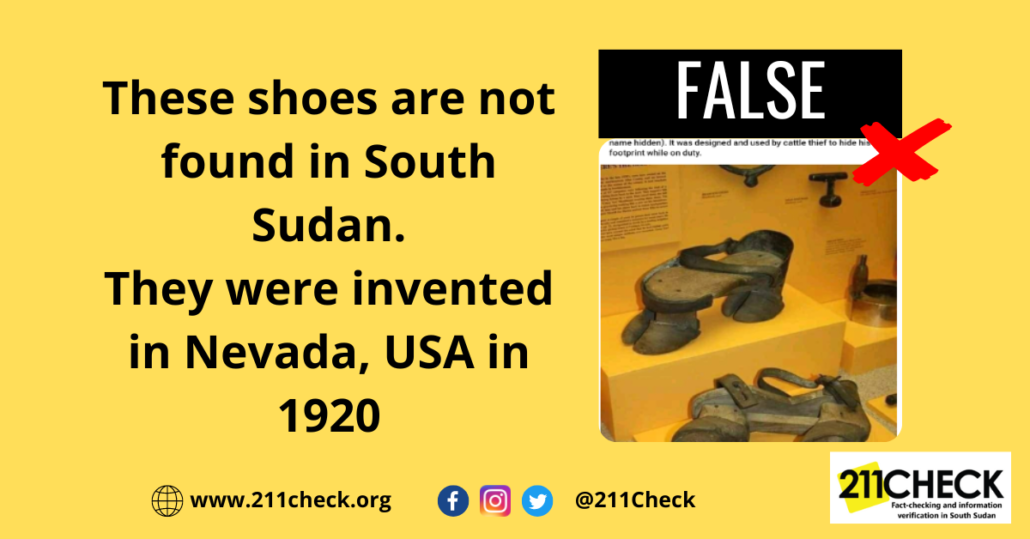

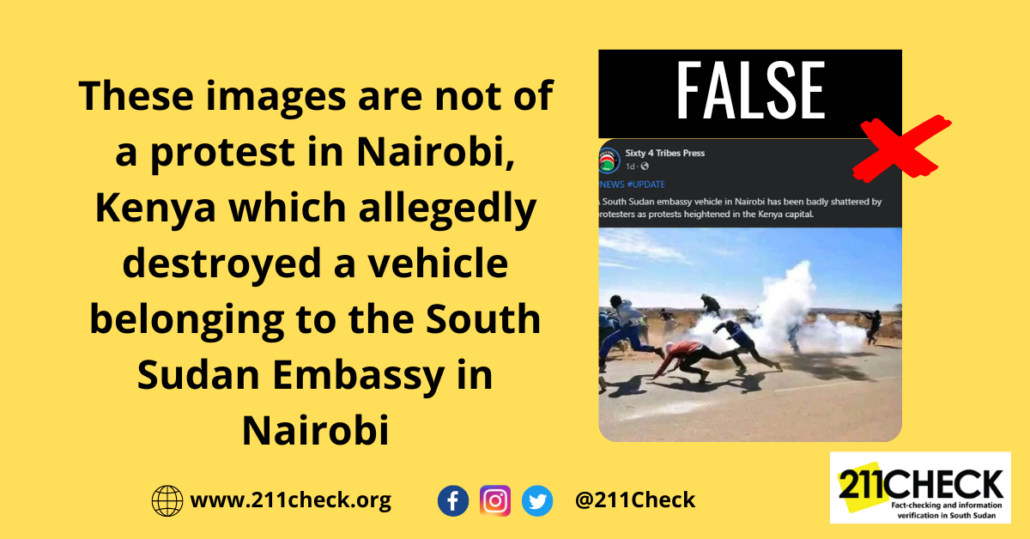
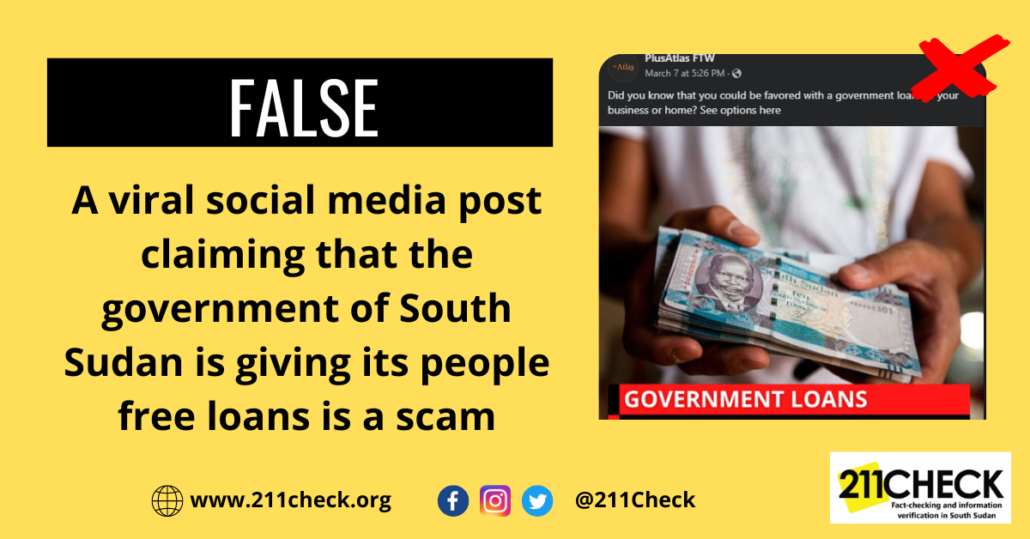
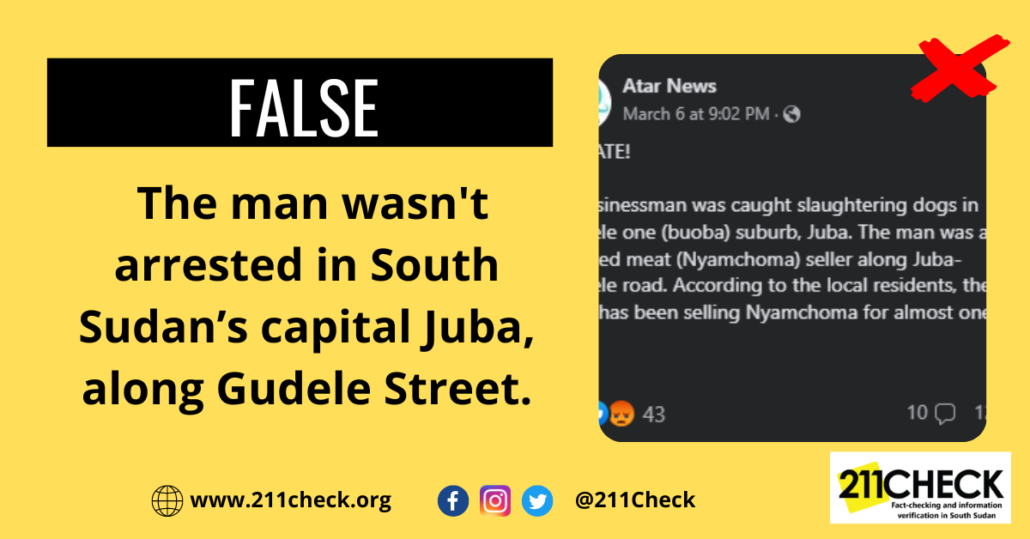
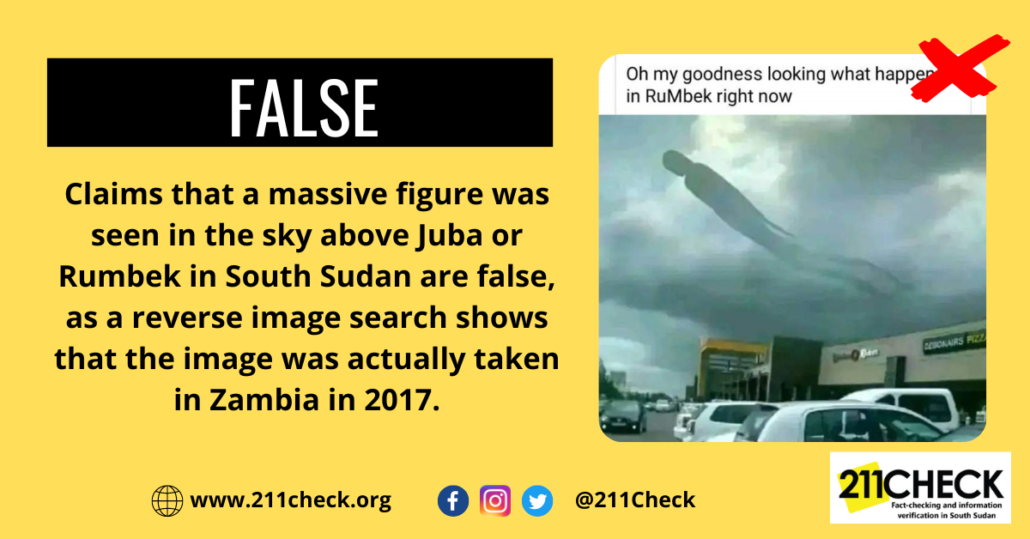
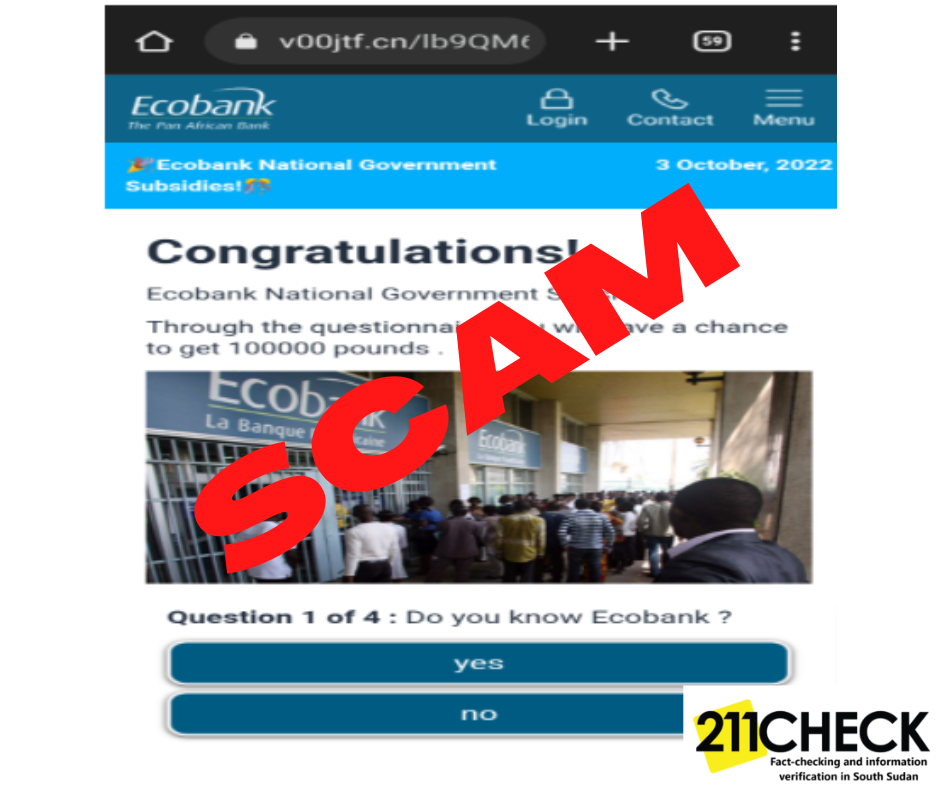

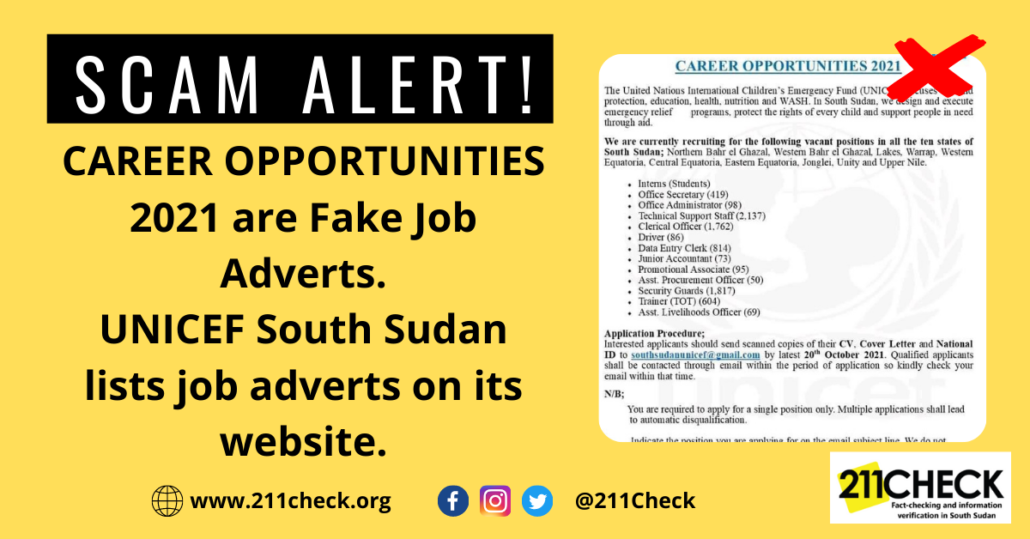
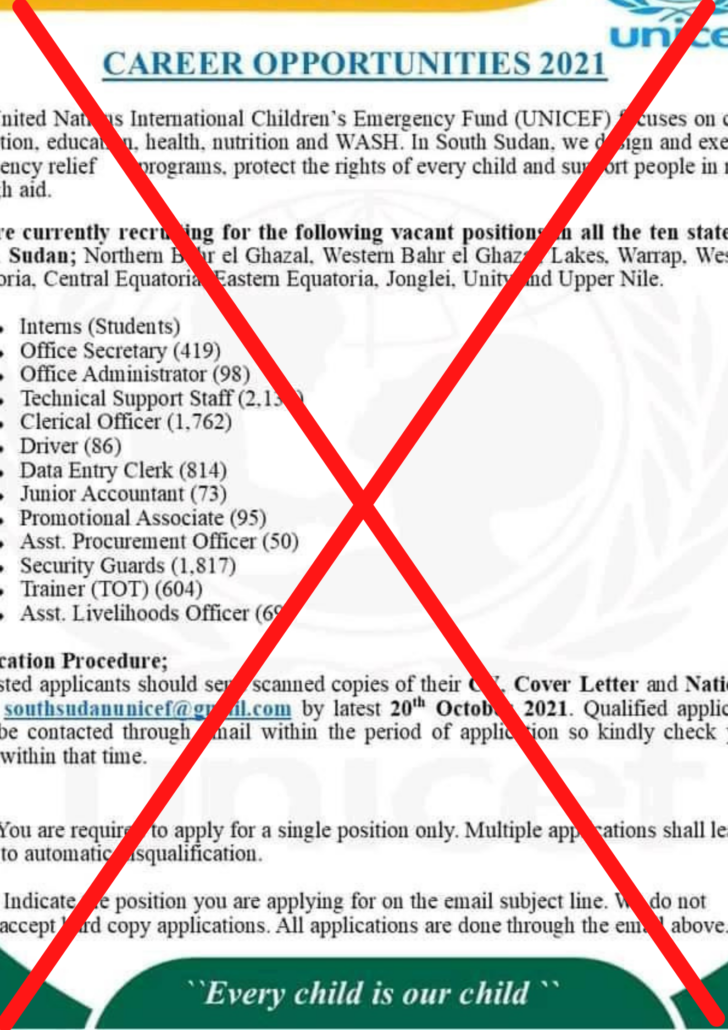
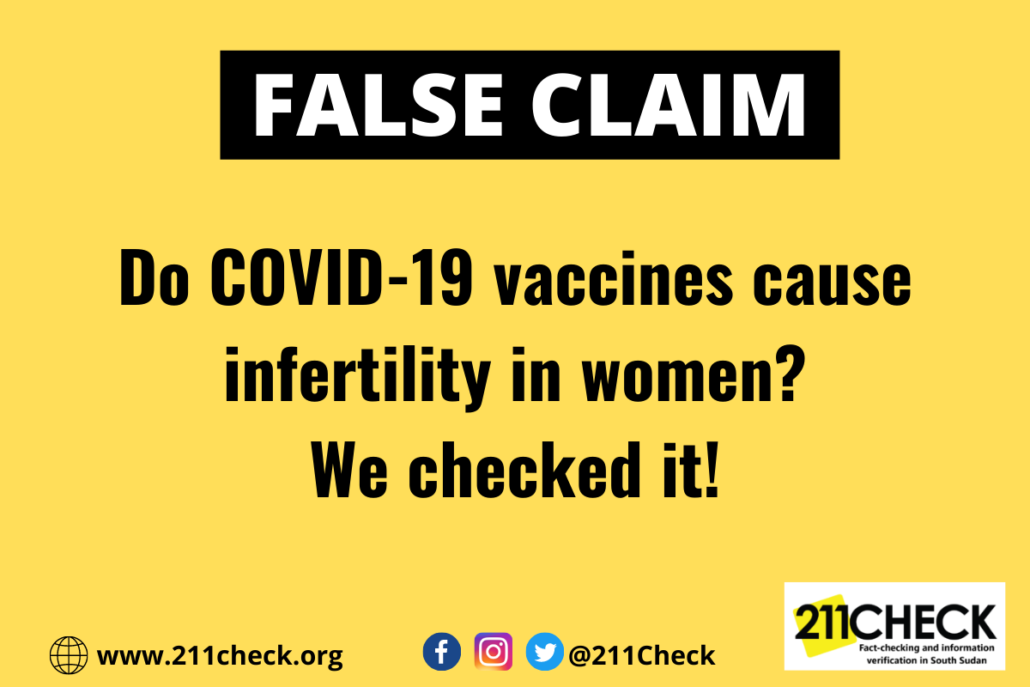 211 Check
211 Check